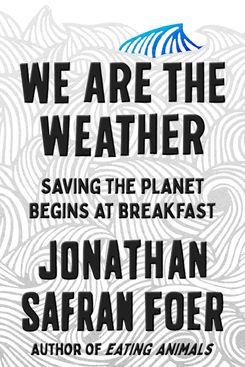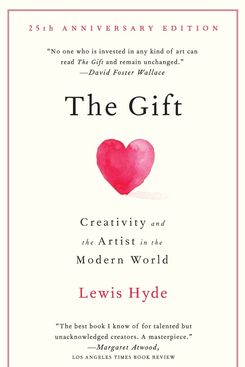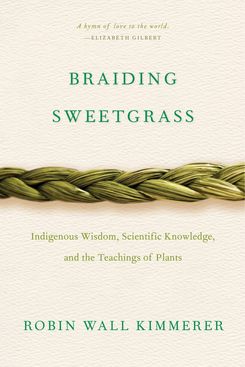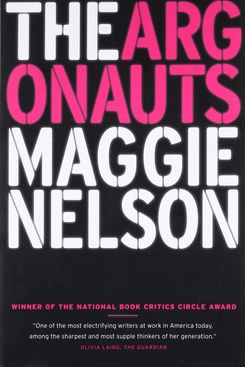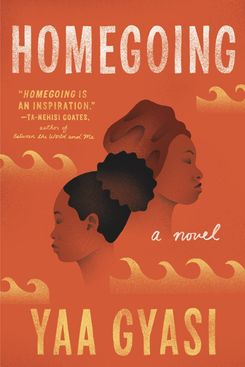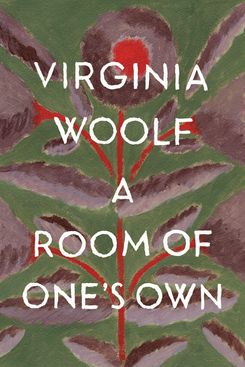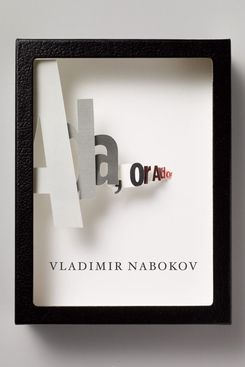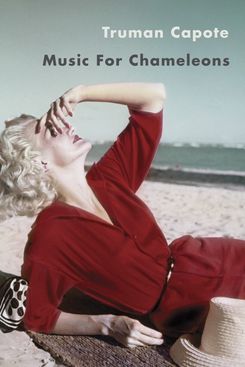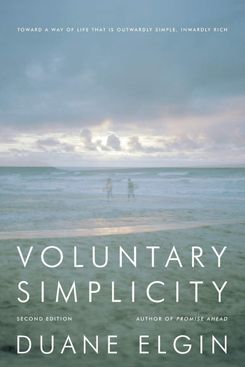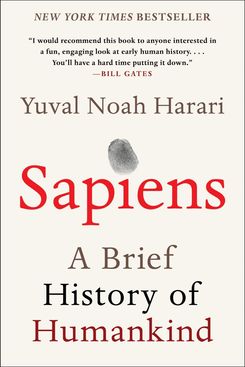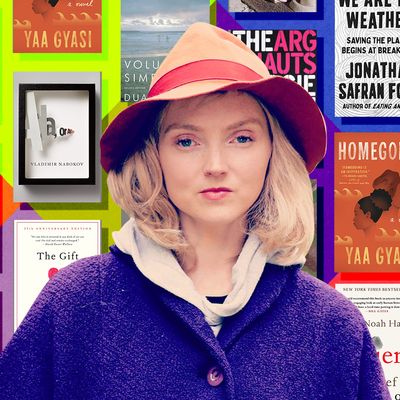
Bookseller One Grand Books has asked celebrities to name the ten titles they’d take to a desert island, and they’ve shared the results with Vulture. Below is actress and author Lily Cole’s list.
Essential reading if you want to better understand our climate crisis, and what we can all do about it today. Although this book is nonfiction it reads like a novel: Poetic and lyrical, it swept me away with its tides.
I first discovered Hyde’s The Gift (and Marcel Mauss’s The Gift, after which it likely takes its name) in the world of academia when I was studying gift economies, but it seems to have become a cult classic, cropping up time and time again in the laps of artists I admire. Hyde elegantly — and unusually — bridges art and anthropology: building on a transformative understanding of our human history, to shine a new light on the role and pulse of creativity today. As our economy falters, we need to look to works like The Gift more than ever for knowledge of other ways of being.
Braiding Sweetgrass offers an Indigenous window onto our world. As a scientist and a poet, Kimmerer holds our hand and gently leads us barefoot down a meandering path that inevitably questions our understanding of science, the economy, nature, and ultimately ourselves. There is so much we can learn from Indigenous communities, and this book offers a beautiful entry point to that journey.
This book blows my mind for its refusal to be contained in any one form or box. Not poetry, not prose, not fiction, not nonfiction — it defies convention to slip stream between them all. And underneath all the rhetorical games lies a persistent and radical honesty: as Nelson reflects on sex, gender, birth, motherhood, love.
Homegoing follows the ancestral chain of two half-sisters, separated in Ghana in the 18th century. Every chapter moves onto the descendants of the last chapter, so that by the end of the book we are navigating racial politics in contemporary America. Through its clever structure, Gyasi allows us to understand the connections between our time and the historical past, and to also ponder the often invisible — often unknown — impacts of ancestral heritage that we all carry in different ways. A compelling novel that draws you in page by page, chapter by chapter.
While Woolf has other books arguably more groundbreaking in terms of literary accomplishment, it is the simplicity, accessibility, poetic style, and political charge of her essay A Room of One’s Own that etched a lasting impression on my mind. Developed from lectures she gave at Cambridge University in 1928, Woolf makes the point that without economic freedom, women cannot have creative freedom — speculating that economic freedom is more important than the political vote (which women had just won). How many creative geniuses might we have lost in history, simply because they were women, she wonders, musing on the fate of Shakespeare’s sister.
Nabokov’s indulgent, clever use of language reaches its height in this ambitious and wild love story. I have read this book multiple times, and intend to read it many times again. Even recalling the novel makes me smile inside, as my imagination moves to the familiar spaces in my mind that were built by this book. As in Lolita, Nabokov enchants us with a world that is morally questionable — and by enticing us into that world, perhaps provokes us to diffuse hard ideas of right and wrong.
A beautifully written collection of short stories by Capote. I love his portraits of his encounters with Marilyn Monroe, and with his cleaner, written after he’d spent a day following her around New York on her jobs. Capote offers insightful glimpses into the social reality of his life and time, with short and charming stories.
As 2020 calls on us all to reflect on ourselves — individually, collectively, politically — and define new normals, this simple but important book from 1981 feels like an important tool in the shed. Elgin argues persuasively that we can each make a choice to voluntarily simplify our lives — to push against the mainstream insistence that more and busier is better — and that in doing so, we might both find not just sustainability, but also happiness — by reclaiming more of that most precious resource: time.
I first listened to this book on a long road trip with friends, and I felt like it carried me in a trance the whole journey. It offers an accessible and compelling understanding of our place in human history: our evolution, revolutions, and ancestral shifts that brought us to this moment. Most groundbreaking for me was the argument that the collective fictions to which we subscribe in 2020 — our belief in the supposed reality of, say, money, corporations, contracts — are not very different to the collective fictions that enabled societies in the past to organize themselves, such as the belief in gods or an afterlife.
More From This Series
- Greta Gerwig’s 10 Favorite Books
- Michaela Coel’s 10 Favorite Books
- François Ozon’s 10 Favorite Books
